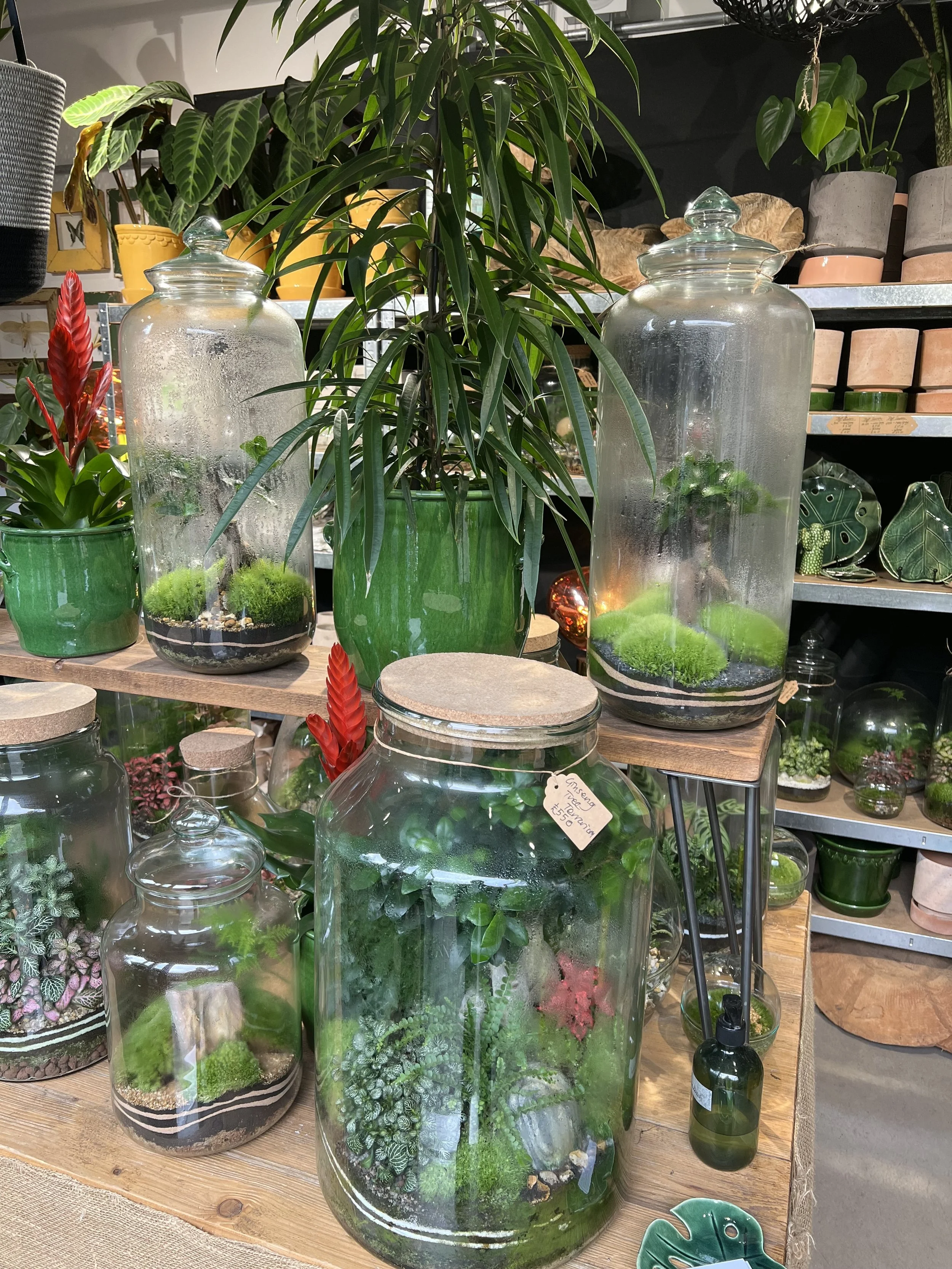Can Plants Replace Pets?
Lockdowns across the globe restricted us to the walls of our homes. The demand for home plants soared as a result. Are plants now competing with pets for attention in the home?
The base from the bark of a dog contrasts the soft, melodic meowing of a cat. The signs present are of a pet infested house. Meanwhile, just next door in a block of flats, there is complete silence. There is something different about the air, and it feels cleaner. Healthy green plants are resting peacefully on the windowsill, absorbing as much sunlight as they can get from the stingy London sun. This depicts a new normal for young adults in London. Home plants have surged in popularity across cities within the UK, especially since the beginning of lockdowns due to covid-19. Kerri Notman, owner of "Leslie Terrance," a plant shop in Norwich explained that sales in her shop improved due to increased interest in plants during the lockdown. In her opinion, this came from university students in Norwich looking for something to nurture to fill the void of loneliness during the pandemic.
There are many similarities between nurturing a plant and a pet. They both have to be cared for. A dog will need to be taken on walks and fed regularly. A plant will need to be watered, given access to sunlight, and its soil will need to be fertilised occasionally. What they have in common is that negligence could be fatal for both parties. How they are both cared for also differs drastically based on their specific species. They also improve our mental and physical health. According to research compiled by the Royal Horticultural Society, plants reduce stress levels, blood pressure and fatigue. "They bring a life and natural energy to a space. They release oxygen which is good for a person’s mental health. Keeping a plant alive is also very warming and satisfying to people who may not always want to be alive themselves.
They can bring a sense of purpose," explained Chloe Mountain, a gardening expert and winner of junior garden of the year in 2008. She has been diagnosed with various mental disorders and explained that plants have helped her mental health throughout her life.
In 2018, a comprehensive study on the power of support from companion animals for people living with mental health problems was executed. It was found that their pets improved their mental health. This was through their effect on reducing feelings of loneliness, depression, worry and irritability, and increased feelings of calmness. There was also some evidence for the direct effect of pets on depression and mood.
However, plants and pets also have many differences. The death of a plant is not generally regarded as severe as the death of a cat. Hence, it is viewed as a more significant responsibility to own a pet. On the flip side, plants can be used as an accessory for interior design in a way that a pet cannot. "Nurturing a plant doesn’t come with all the difficulties of having a pet like taking them to the vet and cleaning their poo," explained Laura Plivda, a current university student in Leeds and owner of a Monstera Deliciosa (Swiss Cheese Plant), Ficus Benjamina and a Pachira.
Young plant enthusiasts typically buy plants that are easy to take care of. This way, they can enjoy the benefits of taking care of a plant without the disconcerting responsibility of owning a pet. "It is mainly a Calathea or Swiss Cheese Plant that the students go for. They are like the signature plants for that age group. They also buy succulents or cacti because they are easier to look after," said Matt, the shop manager of "Botanical Boys," a plant shop based in London.
Modern cities in the UK are quickly becoming concrete jungles. Buildings have displaced a lot of the greenery and as a consequence, young adults are bringing the greenery to the comfort of their homes. For many young adults, plants are a better package deal and are more convenient than owning a pet. Don't be surprised if animals increasingly become herbivores.
